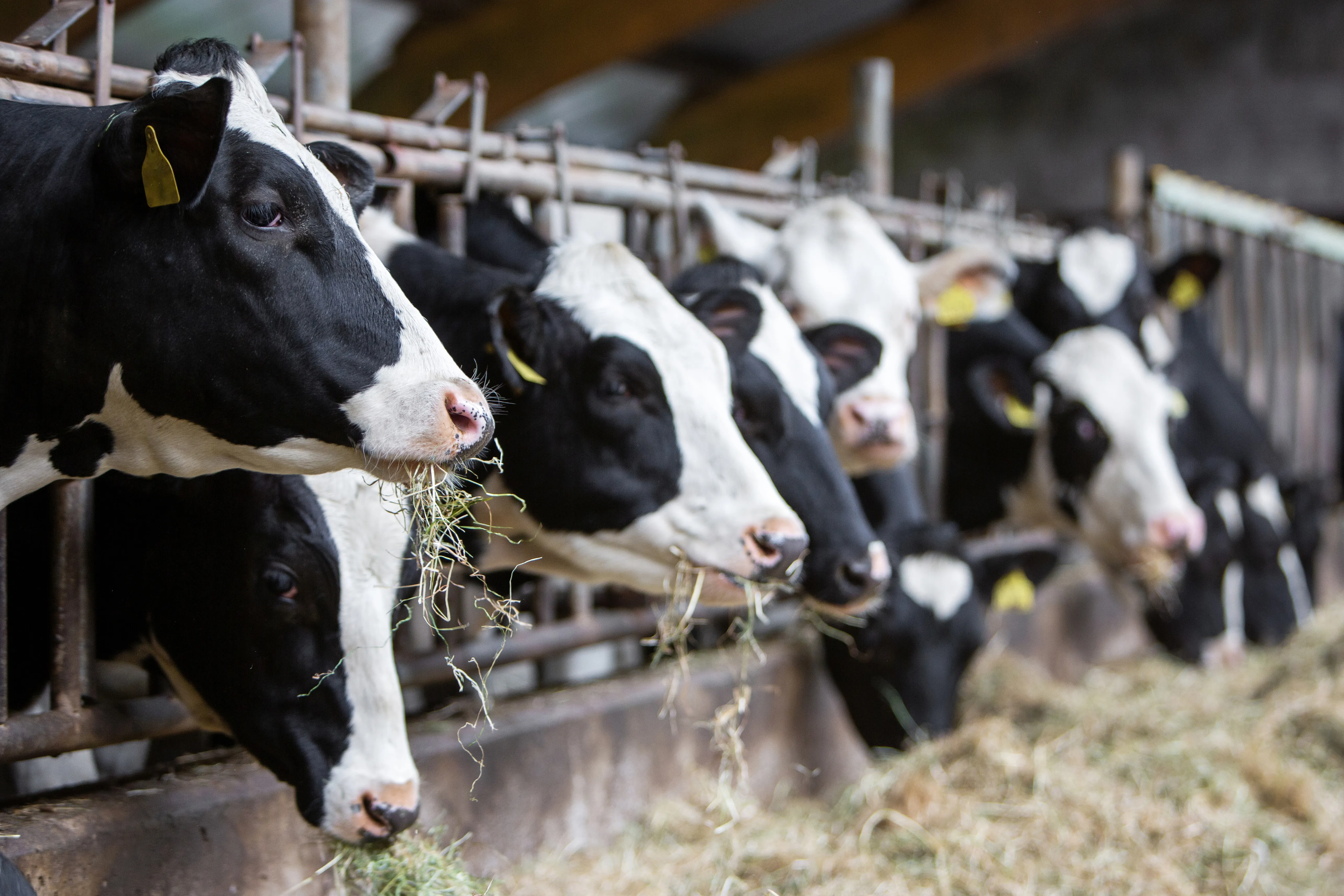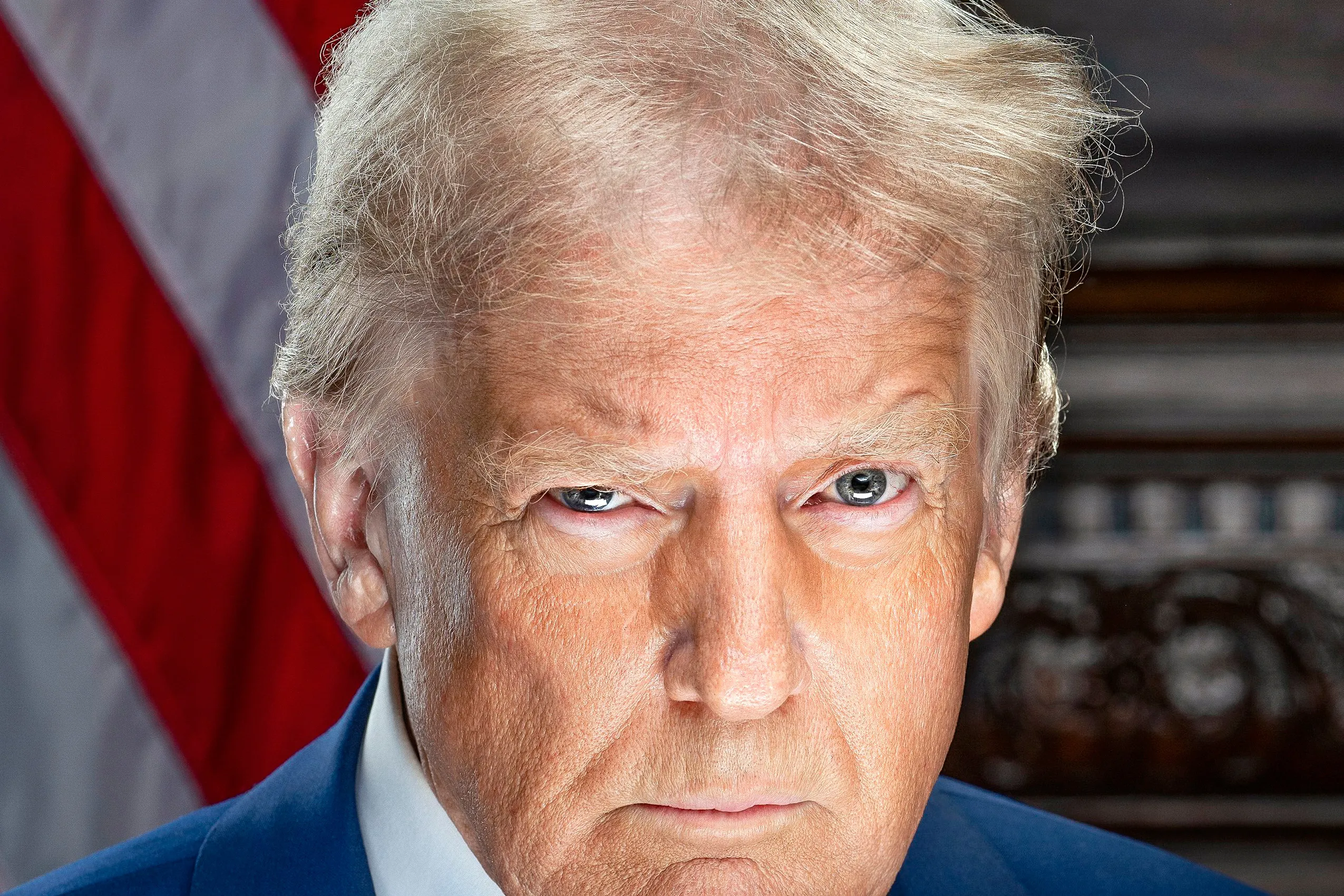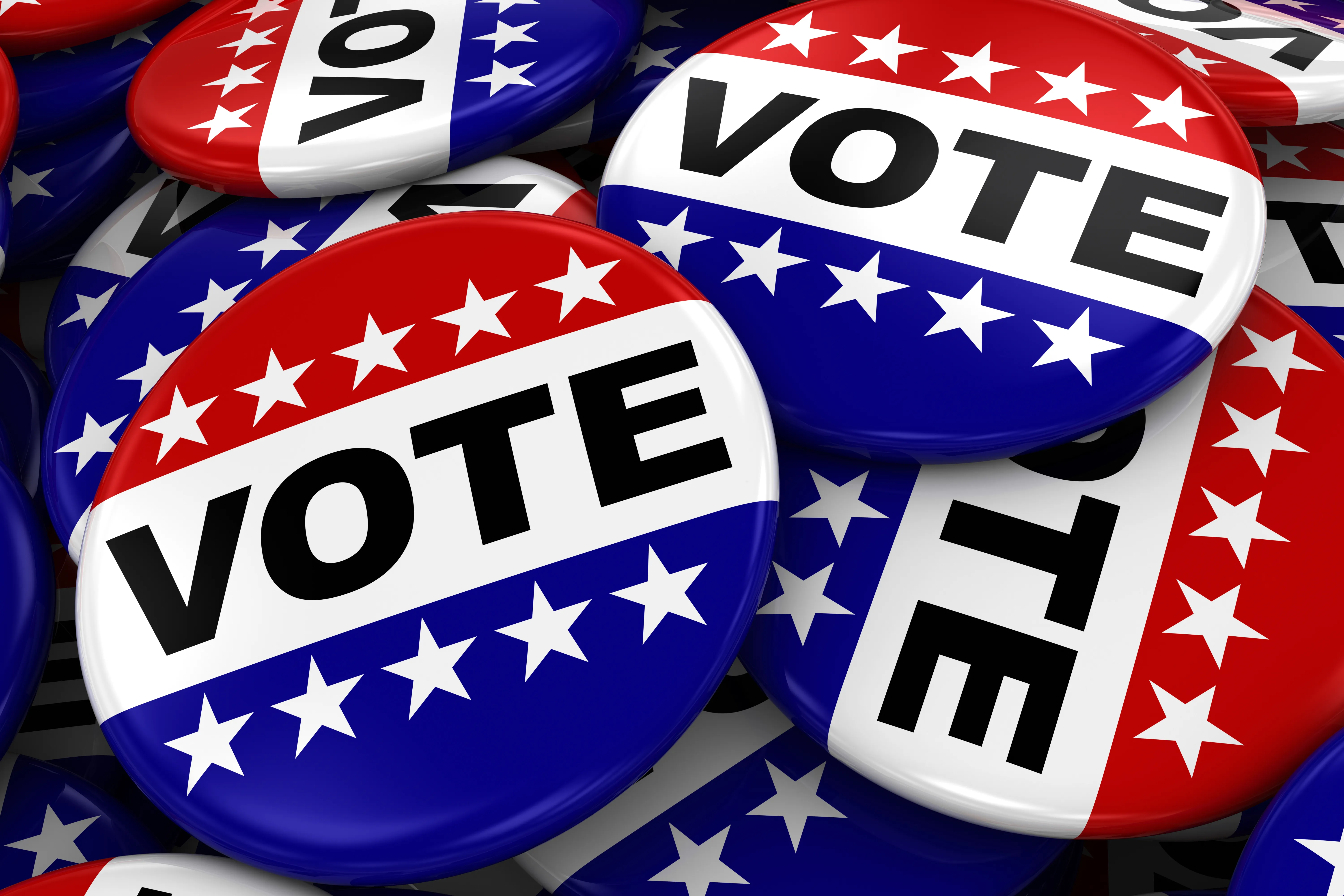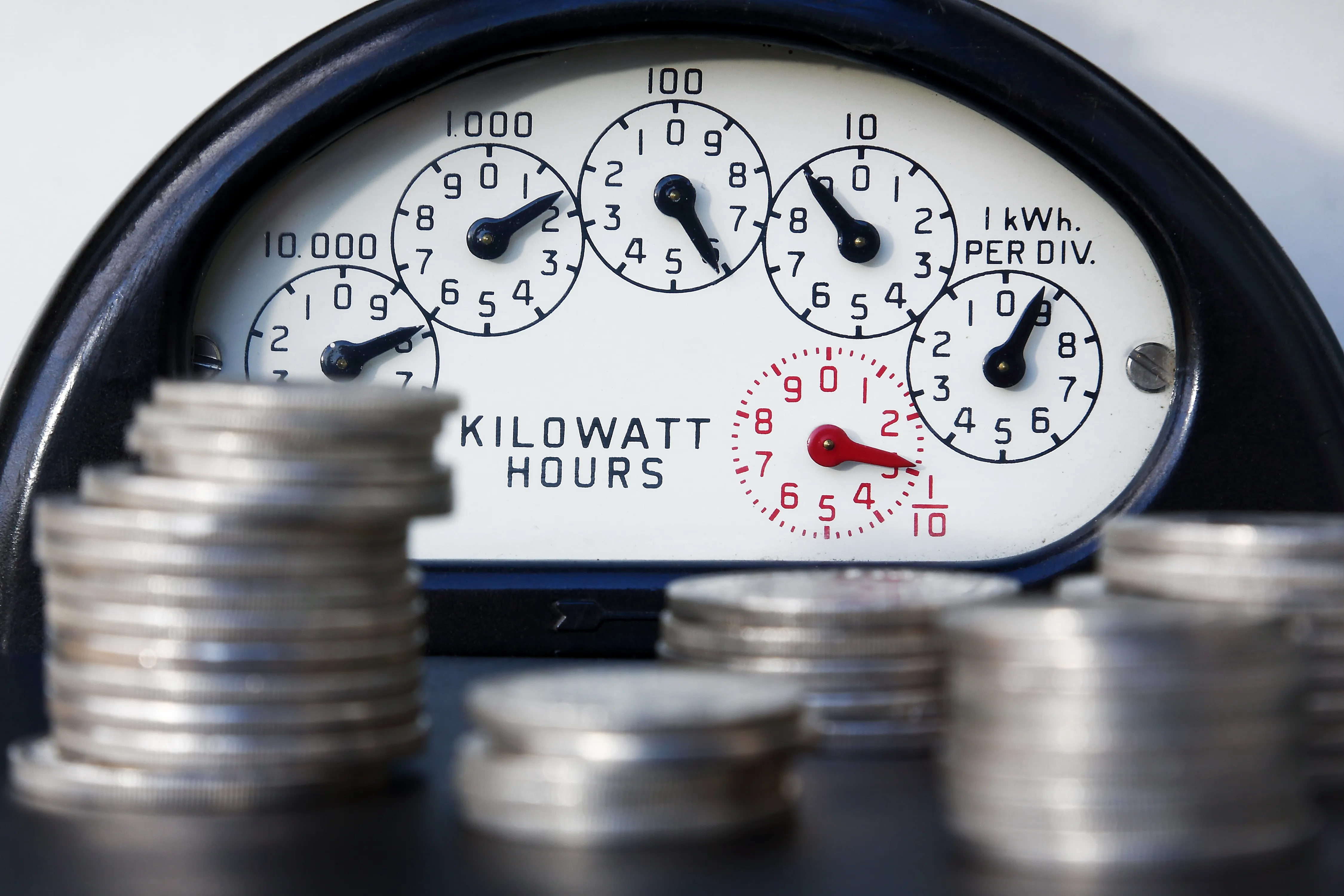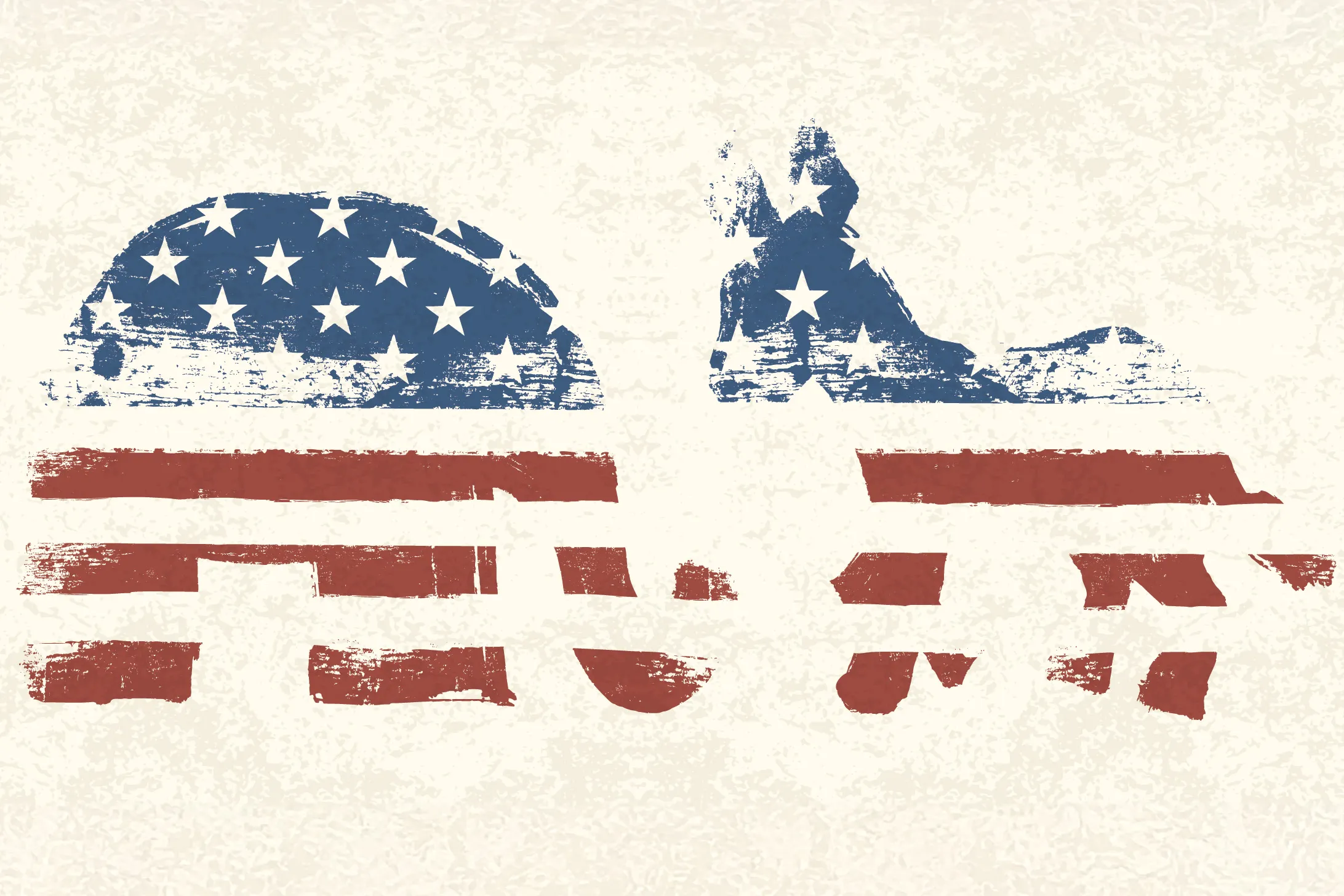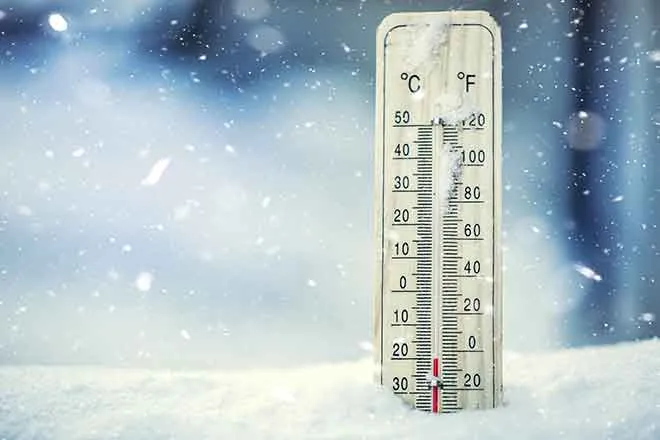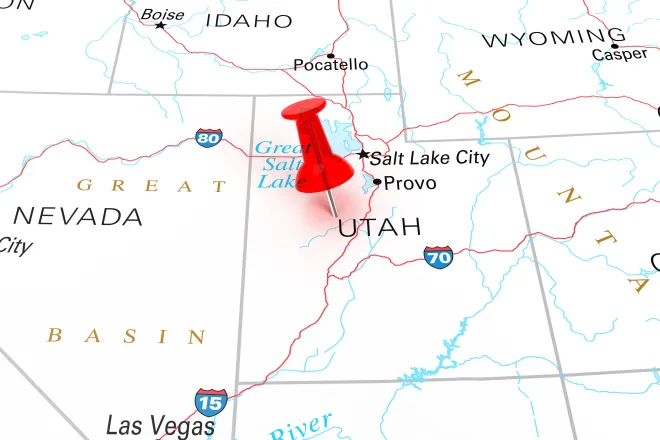
Daily Audio Newscast Afternoon Update - September 26, 2025
© INDU BACHKHETI - iStock-1336427297
News from around the nation.
New tariffs shock countries reeling from Trump's chaotic trade war; Slow federal permitting process delays NY clean energy projects; Plastic pellet pollution threatens Mississippi River, Gulf Coast wildlife; WA celebrates National Public Lands Day Saturday.
Transcript
The Public News Service Friday afternoon update, I'm Mike Clifford.
President Trump's latest tariffs sent shockwaves throughout Asia, heaping additional turmoil on companies already grappling with uncertainty while adding further complexity for trade officials ironing out the details of recently struck trade agreements.
That's the take from the New York Times.
They report on Thursday Trump announced another round of tariffs, which would go into effect on October 1, applying import duties ranging from 25 percent to 100 percent on pharmaceuticals, heavy trucks, kitchen cabinets, bathroom vanities, and upholstered furniture.
The Times notes a significant portion of furniture and kitchen cabinet manufacturing originates from China and Southeast Asia.
Meantime, clean energy projects in New York and nationwide face delays, and new analysis blames the federal permitting process.
It says some projects are held up for more than a decade, not including the time it takes to address challenges lawsuits.
In 2023, the Fiscal Responsibility Act became law, creating a two-year deadline for environmental impact statements.
It made modest changes, says Zan Fishman, with the bipartisan policy center's energy program, but the delays still have major consequences.
One consequence is the projects end up costing a lot more.
When energy projects cost a lot more to build, those costs get passed on to people that use the energy, the consumers, everyday Americans.
New York already has some of the highest energy costs in the nation.
Fishman notes more clean and energy projects are being permitted now, but there are other reasons for delays.
I'm Edwin J. Vieira.
Now to the Gulf Coast, where a new report is sounding the alarm after volunteers found more than 1,200 plastic pellets polluting beaches in Pascagoula, Gauchier, and Ocean Springs.
The lentil-sized pellets are the raw materials used to make plastic products, and the report says they're often spilled.
Lisa Frank with Environment America says when they wash up on shores at places like Front Beach or Shepard State Park.
They pose a direct threat to wildlife.
They look just like fish eggs, which for lots of critters is a nutritious and delicious snack, but instead they wind up getting a belly full of plastic.
Research shows plastic pollution also fuels climate change.
Darker pellets absorb more sunlight and when mixed with snow and ice, they can lead to quicker snow melt.
Frank says citizen scientists are helping to document the extent of the problem so lawmakers can work to hold companies accountable.
I'm Tramiel Gomes.
And this Saturday is National Public Lands Day, meaning all national parks, forests, and other public lands in Washington State and across the country offer free admission.
As public lands continue to face threats under the Trump administration, Devin O'Day of Beck Country Hunters and Anglers says celebrating victories is especially important.
We were able to defend against the large-scale sell-off of two to three million acres of public lands.
Public lands are our shared inheritance.
They're something that everyone in America owns and that everyone has a right to access.
Trump administration moves impacting public lands include increased resource extraction, funding cuts and workforce reductions.
This is public news service.
Nurses and other health professionals at Kaiser Permanente facilities in Oregon and Southwest Washington have voted overwhelmingly to authorize a strike.
Oregon Federation of Nurses and Health Professionals represents nearly 4,000 healthcare workers, including nurses, lab professionals and therapists.
Union President Serena Rohrer says their working conditions are their patients' healing conditions, and the union is fighting for both to be the best they can be. -And that means you have to pay people well.
That means you have to have safe working environments.
That means you have to listen to the people who actually know how to care for the patients.
A strike could begin any time after September 30th.
Rohrer says the bargaining team is meeting with Kaiser as much as possible in hopes to reach a deal before then.
In a statement, Kaiser, which is one of the nation's largest non-profit healthcare providers called the strike authorization disappointing.
They added that Kaiser facilities meet and often exceed legal nurse to patient ratios.
I'm Isabel Charlay.
We head next to Iowa, where advocates for healthy farming practices are pushing back on a federal move to give pesticide companies immunity from products that may cause cancer.
Iowa citizens for community improvement sent a letter signed by more than 400 Iowans to Washington lawmakers, calling on them to oppose the so-called Cancer Gag Act, which would allow makers of glyphosate-based chemicals to sidestep immunity if it is determined they cause cancer.
Ava Auen-Ryan, CCI's Farm and Environment Organizing Director, calls this a common sense issue.
She says the fact that this is even a debate leaves Iowans wondering who lawmakers are actually representing.
So are they working for Iowans and their constituents or are they working for multinational chemical manufacturers like their.
The Environmental Protection Agency says glyphosate poses no risks to human health when used in accordance with its current label.
I'm Mark Moran.
Finally, you may be surprised to know Massachusetts is home to some of the most speech restrictive campuses in the country.
That's according to a new report.
The sixth annual college free speech rankings give some of the state's top schools, including Harvard and Boston University, a failing grade in free speech.
Sean Stevens, with the Foundation for Individual Rights and Expression, or FIRE, says conservative students are increasingly joining their liberal peers in supporting censorship.
We're siloing ourselves, and it's not just at the college level.
We're siloing ourselves society-wide in these kind of political camps.
The rankings are based on nearly 70,000 student surveys and analysis of their school's policies and handling of campus events.
Stevens says they show a deep unwillingness among students to encounter controversial ideas, with a record number of students saying it's okay to shout down a speaker or even use violence to prevent a campus speech.
I'm Catherine Carley.
This is by Clifford for Public News Service, member and listener supported.
Find your trust indicators at publicnewsservice.org.


